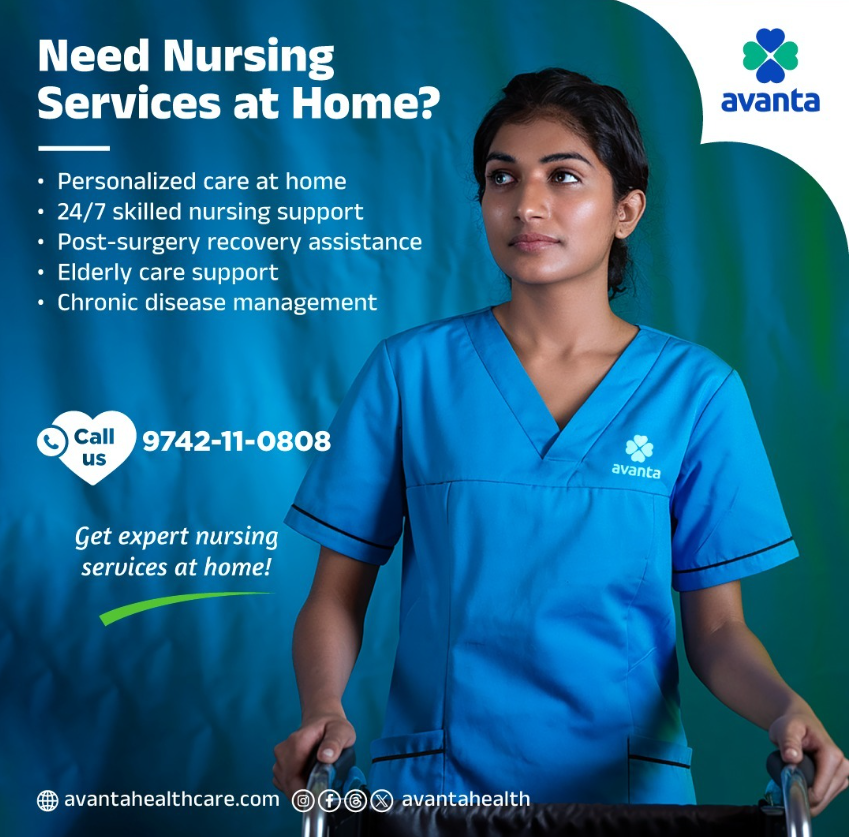Understanding Blood Pressure
Blood pressure is the force exerted by blood against the walls of arteries. It is measured in two readings:
- Systolic Pressure: The pressure when the heart pumps blood.
- Diastolic Pressure: The pressure when the heart is at rest between beats.
A normal blood pressure reading is typically around 120/80 mmHg. Readings higher or lower than this range may indicate hypertension (high blood pressure) or hypotension (low blood pressure), both of which require medical attention.
Importance of Home Blood Pressure Management
Home-based blood pressure management provides numerous benefits, including:
✅ Early detection of abnormal readings
✅ Reduced risk of heart disease and stroke
✅ Personalized lifestyle modifications
✅ Improved adherence to treatment plans
Nursing care plays a critical role in ensuring that patients manage their blood pressure effectively at home.
Nursing Care Approach for Blood Pressure Management at Home
Professional nursing care provides a structured and evidence-based approach to managing blood pressure at home. Some key aspects include:
1. Regular Monitoring and Assessment
- Nurses assist in measuring blood pressure accurately using digital or manual monitors.
- They track trends to detect fluctuations and report concerns to healthcare providers.
2. Medication Management
- Ensuring proper dosage and timing of prescribed medications.
- Educating patients on side effects and the importance of adherence.
3. Lifestyle and Dietary Guidance
- Recommending a low-sodium, heart-healthy diet to control blood pressure.
- Encouraging regular exercise and weight management strategies.
- Providing stress management techniques like deep breathing and meditation.
4. Emergency Response and Education
- Training family members and caregivers on recognizing symptoms of high or low blood pressure crises.
- Offering first-aid instructions in case of emergencies.

Conclusion
Managing blood pressure at home requires a proactive and structured approach. With professional nursing care and expert support from Avanta Healthcare Center, individuals can effectively control their blood pressure, leading to a healthier and more independent life.
If you or a loved one needs assistance in managing blood pressure at home, reach out to Avanta Healthcare Center today for expert care and guidance!
https://www.avantahealthcare.com/nursing-care-at-home/